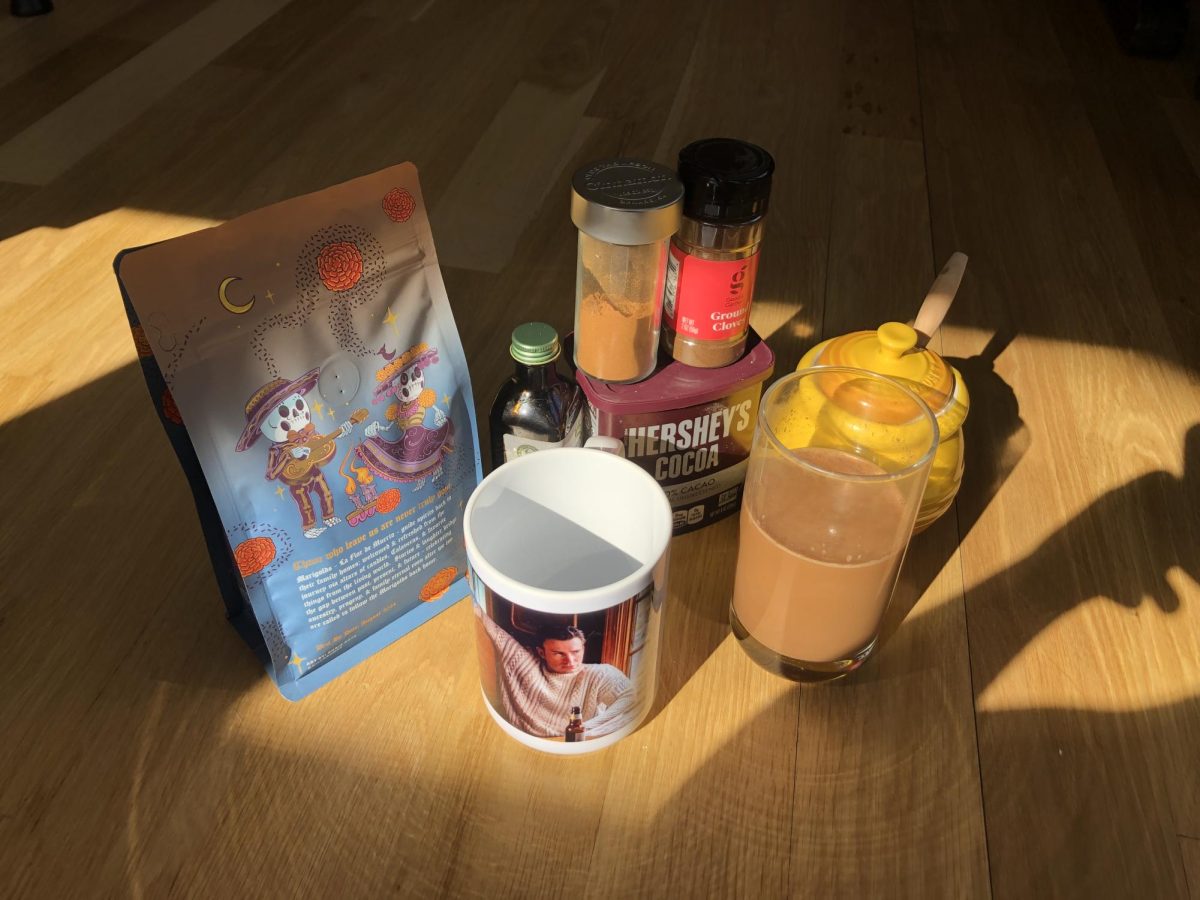What factor determines the equipment a pleasure craft must carry? Studies by the National Institute of Health, have indicated that 83.2% of US teenagers consume caffeinated beverages regularly, and at least 96% consume them occasionally. Personally, I enjoy consuming on average a cup of coffee, matcha, or chai per day. With this high level of consumption, there has been a rise in health concerns; From sleep disturbances to increased anxiety, even yellowing teeth, how exactly does caffeine affect teens’ well-being?
In a study conducted using high school students in Korea, where they divided the kids into two groups; one under 30 mg of caffeine and one above 30 mg of caffeine, they found that the low caffeine group had better nutritional knowledge related to bone and sleep health.
In addition, excessive caffeine intake by adolescents has been associated with a number of detrimental health effects, such as nervousness, irritability, nausea, cardiovascular symptoms, sleep impairment, osteoporosis, and gastric ulcers. This sounds scary, but you’d have to be guzzling more than 4-5 cups on average every day for something like this to happen.
There’s not been a ton of research specifically for teens, but according to the National Institute of Health, amongst the adult population, they recommend keeping your caffeine intake under 400 milligrams to avoid things such as general toxicity, cardiovascular effects, increased incidence of cancer, or effects on bone status. This equates to about 4-5 cups a day. It’s important to note, however, that it’s hard to make specific diagnoses due to how caffeine affects people differently depending on their age, weight, activity level, and gender.
For reference; the average cup of coffee has approximately 100 mg of caffeine, a Red Bull has 111 mg, black tea; 50 mg, matcha has between 38-178 mg and chai has roughly 50 mg. Coffee and black tea have also been found to stain teeth because of their acidity and tannins, the molecules that give them their distinctive color. There are simple ways to avoid this. You can use a straw, and drink less concentrated beverages, the more contact they have with your teeth, the more they can stain them.
It’s generally good practice to avoid too much sugar with your caffeinated beverage, as well as not drinking coffee too early or too late in the day. These habits can affect your energy levels and mood. Also coffee is a diuretic, and a laxative meaning it makes you go potty. But generally, you won’t see any severe digestion or hydration issues if you keep your intake under 3-4 cups. That would probably make you pee anyway.
What’s the difference between decaf and normal? Decaf does not contain caffeine, and some folks believe it tastes differently than its caffeinated counterpart. But again, it’s mostly personal preference, for those who are more sensitive to caffeine, it’s a great option!
My personal recommendation is to set aside a special time. Make an art out of it. You brew some of the nicest smelling coffee you can find in your pantry, if you have an espresso machine better; you heat up some milk (you can do plant milk if that’s your jam). You want to do a 3:1 ratio of milk to coffee. While the milk is warm you want to add some cocoa powder and honey to the milk, you add a splash of vanilla, and other yummy spices like cinnamon, cloves, ginger, and nutmeg.
The bottom line is: anything in excess is bad for you. And incorporating the ritualistic practice of coffee into one’s life is wholly positive as long as you allow it to be.



